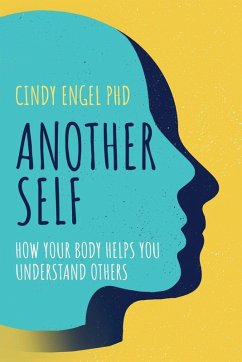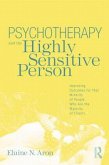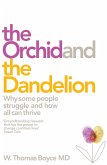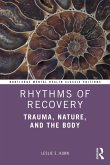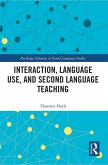Another Self explains why we sometimes take on the physical, emotional, and even mental states of others. In this book-the first overview of somatic empathy-Dr Engel brings together research into social perception and interpersonal physiology to explain how and why our thoughts and feelings are not always entirely our own. Do you wince when you see someone stub their toe, feel your throat tighten when a friend cries, or know what someone is going to say just before they say it? New evidence reveals that this tendency to 'catch' others' emotional and physiological condition is not merely a quirk of a few sensitive individuals but a fundamental aspect of human intelligence: that feeling with others is an ancient strategy reaching back into our evolutionary past enabling us to predict the intentions of others. This newfound appreciation for somatic empathy has implications in many domains-mental and physical health issues, animal welfare, and personal wellbeing. Understanding how somatic empathy impacts on us day to day without our knowing enables us to optimise empathy while sidestepping the perils of vicarious harm, overwhelm, and burnout. Another Self unveils why your dentist can make more mistakes when you are nervous, how a professional tennis player can predict where an opponents's serve will land even before their racket hits the ball, why your dog gets anxious when you are unwell, why remote military drone pilots can suffer more PTSD than their colleagues in battle, and why you can feel so physically discombobulated when a close relationship ends. Be prepared to reassess your sense of self, your relationships, your occupation, and your choice of entertainment.
Hinweis: Dieser Artikel kann nur an eine deutsche Lieferadresse ausgeliefert werden.
Hinweis: Dieser Artikel kann nur an eine deutsche Lieferadresse ausgeliefert werden.

